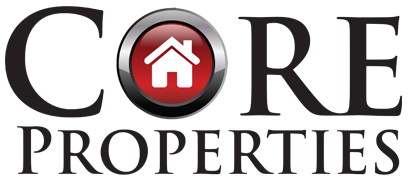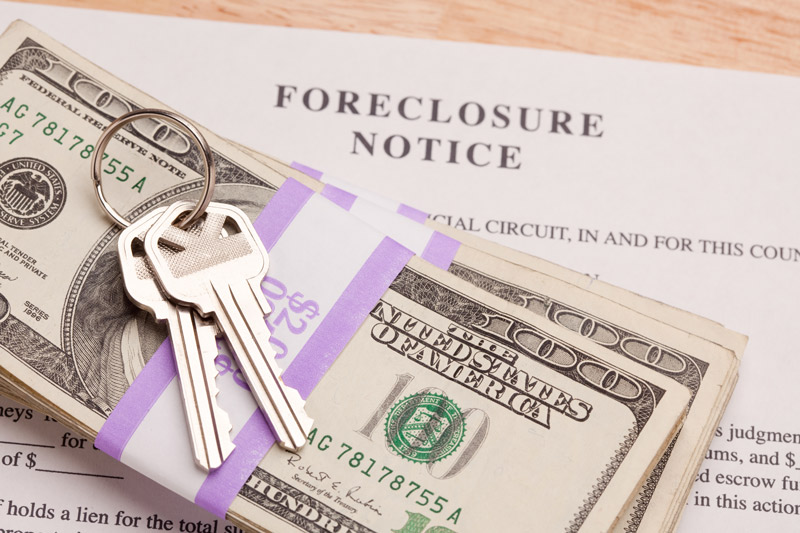It is never anyone’s goal to experience a foreclosure, but unexpected circumstances can lead to missed mortgage payments and the danger of foreclosing on your home. Fortunately, if you are in the beginning stages you still may have the opportunity to stop foreclosure on your home. Using one of the strategies that teach you how to stop foreclosure is not a guarantee of success, but you may be able to stall, delay, or permanently stop the foreclosure by following one of these methods.
Home Loan Modification
If your home is in the early stages of foreclosure, it may not be too late to apply for a loan modification. A loan modification, if approved, lowers your monthly payment and permanently modifies the original terms of your repayment agreement. If you are behind on payments but would be able to keep up a lower payment, this method may be a good choice if you qualify.
Most homeowners who are eligible for modification have experienced some sort of financial hardship that is now resolved enough that a regular monthly payment can be resumed. Some states have specific laws and guidelines that protect homeowners, so make sure to do additional research if you choose this path.
Paperwork to apply for modification includes an application, bank statements, pay stubs, and other traditional loan documentation, so make sure you have access to all of this information quickly if you decide to proceed with this option. You can choose to either handle the entire process yourself or hire a modification company or attorney to assist. You are not required to hire a company to help you since the whole application process can be completed without one. Your first step for a loan modification is to contact your lender or servicer and ask for their home retention or loss mitigation department.
House Short Sale
If you have missed mortgage payments and your lender has already filed a notice of foreclosure, you can still stop your property from going to a foreclosure auction by moving forward with a short sale. In a short sale situation, an interested buyer makes an offer to the lender and the lender must consider it. It can also be to the benefit of the bank to consider short sale offers since it can save the bank the effort of putting the property up for auction after foreclosure. A short sale will typically generate a higher offer for the property than a foreclosure, so if you have been served a foreclosure notice, you should continue to promote your property and try to sell it. If you sell your home for at least the amount left on the loan, you can avoid some of the negative consequences that come with foreclosure.
Bankruptcy
If you are trying to find out how to stop foreclosure auction immediately, you could file for bankruptcy. Filing for bankruptcy puts an automatic stay on your foreclosure, meaning the process will come to a halt and the bank will have to stop trying to collect your property until the bankruptcy process is complete. In some cases, the bank will decide to file a motion to overturn the automatic stay.
If the bank succeeds, they can then proceed with collecting the debt, but it will delay the foreclosure for up to several months. During that time, you can try to explore other options for holding on to your property. Filing bankruptcy to prevent a foreclosure can be a successful strategy, especially when the scheduled foreclosure auction is only days away.
What happens after you file bankruptcy? Most likely, you will still be responsible for paying the remaining balance of your mortgage. You will have a different payment plan than your original mortgage and may have a longer time to pay it back. One major disadvantage of filing bankruptcy to save your property from foreclosure is the cost. Bankruptcy fees and legal services can be expensive, so you will need to weigh the pros and cons of filing before making your decision. There are two different types of bankruptcy, and one might be the right course of action for you.
Chapter 7 Bankruptcy
Filing for Chapter 7 bankruptcy is an extreme measure. The main benefit is that you will not be responsible for the remaining balance of your loan if your home completes foreclosure. An added bonus is your ability to remain in your home while the foreclosure process is taking place without having to continue to make payments.
By saving the money that would usually go toward your mortgage, you can save up enough to put a deposit on a rental property. Chapter 7 bankruptcy has disadvantages to consider. Most individuals who file Chapter 7 bankruptcy will not be able to stop foreclosure permanently, so this type of bankruptcy is not a good choice if your main goal is to save your home.
Chapter 13 Bankruptcy
If your end goal is to save your home from foreclosure, filing Chapter 13 bankruptcy is a way to stop the process and restructure all of your debt issues. In many cases, individuals filing this type of bankruptcy are able to hang onto their properties.
All of your debt will be analyzed, and you will be responsible for paying it back over a number of years under a specific payment plan. If you default under the new repayment plan you could still lose your property, but it will buy you time to assess your situation and explore other options.
As-Is Sale
If you are behind on your payments and are facing the possibility of foreclosure, another option is to sell your home to an investor. You won’t be able to hold onto your property with this option, but you could avoid many of the financial pitfalls of experiencing foreclosure or filing for bankruptcy. Selling to an investor is a quick process that will give you cash in hand for your property without having to complete repairs or prepare it for selling on the real estate market.
If you are interested in pursuing this option, you need to contact the investment property company quickly before you are too far along in the foreclosure process. Investors often have the ability to steer what was once a foreclosure situation into a short sale by purchasing the property as-is.
Why Choose Core Properties?
Choosing an experienced investor with resources to help you explore your options may be your best course of action. Core Properties buys homes for a cash price, stopping foreclosures and saving you the stress of going through a bankruptcy.
The team at Core Properties has experience in real estate transactions and will give you the best cash price for your home in its current condition. In tricky legal situations with homes that are behind on mortgage payments, the staff has connections with attorneys and legal advisors to make sure everything is in order for a quick closing. The process is simple.
Set up a time to speak with a representative about your property, schedule a time for a property viewing, and wait to hear back shortly with an offer. Once you have accepted, the closing process is quick and easy, leaving you with cash in hand and a hassle-free peace of mind. If you are ready to get started on the process of selling your home, contact Core Properties today to set up a no-obligation appointment.

